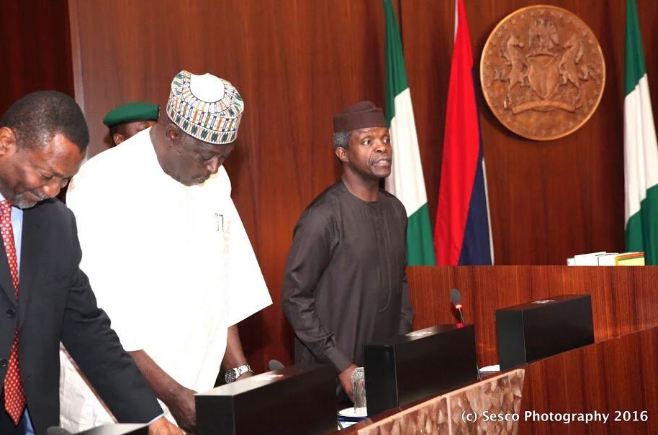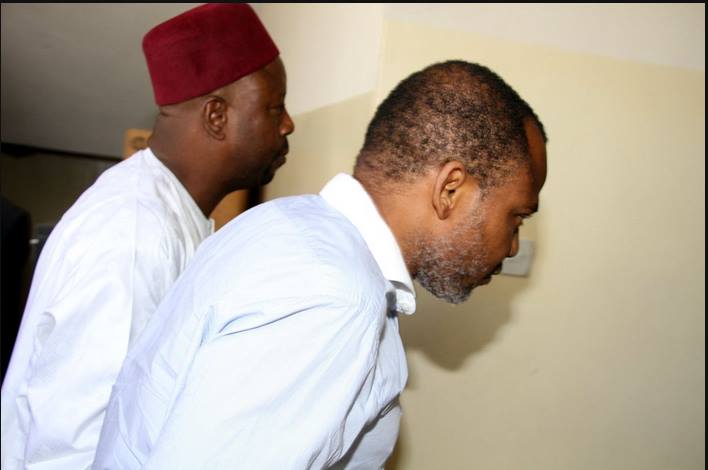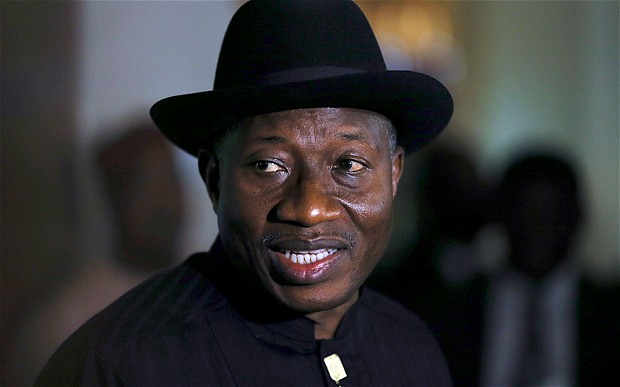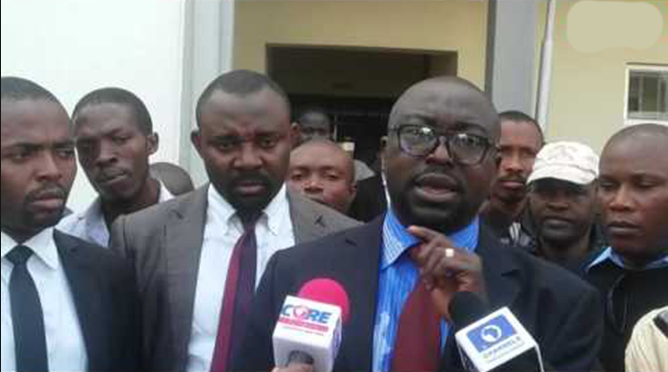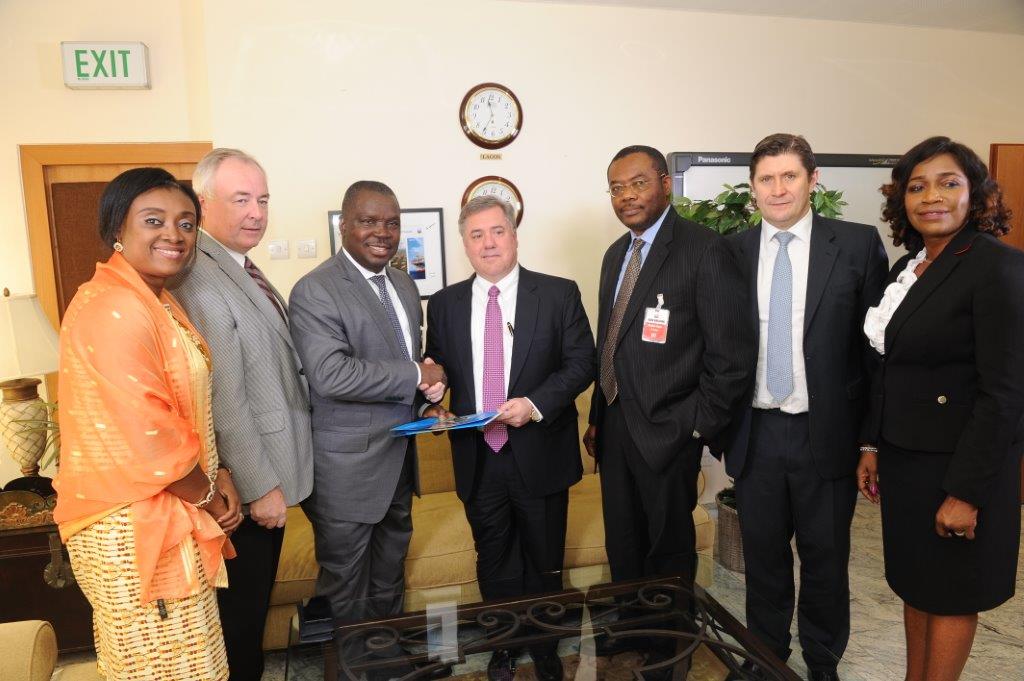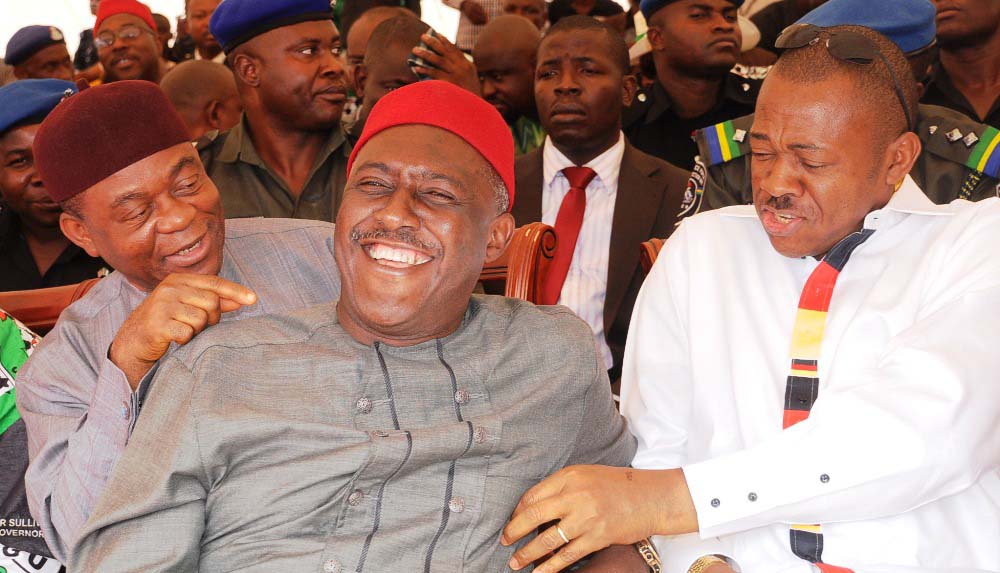The national economic council (NEC) has resolved to engage two audit firms to conduct forensic audit on 81 government revenue generating agencies.
Udo Udoma, minister of budget and national planning; and three governors – Akinwunmi Ambode (Lagos), Willie Obiano (Anambra), and Abubakar Baderu (Jigawa), disclosed this at a joint briefing after the 65th NEC meeting.
They explained that the probe followed submission of an interim report by the ad hoc committee of NEC, chaired by Adams Oshiomhole, governor of Edo state, to review the management of the excess crude account and remittances into the federation account.
According to Ambode, 18 core revenue generating agencies, such as NNPC, will be audited by KPMG, an international audit firm, while an indigenous firm, SIAO, will audit other non-core revenue generating agencies.
Advertisement
He said NEC would take further action on the agencies after the firms had completed the forensic auditing.
Baderu said the accountant-general of the federation reported to council that as at December 31, the excess crude account stood at $2.26 billion.
He said Godwin Emefiele, governor of the Central Bank, informed the council of the standing of the bailout funds given to states.
Advertisement
He said 23 states had benefitted from N10 billion each, excess crude account-backed soft loan, while 28 states benefitted from the presidential bailout for the payment of salaries and gratuities.
Obiano gave a report concerning some MDAs collecting revenue in foreign currency and remitting in local currency into the federation account.
He said the permanent secretary of the ministry of finance reported that besides NNPC, NIMASA and NPA, other agencies involved in such practice were FIRS, Shippers Council, Airport Authority and Nigeria Immigration Service.
Obiano said the official reported that the introduction of the treasury single account (TSA) had resolved the problem as all account was now under the CBN.
Advertisement
He also said that Vice-President Yemi Osinbajo, who presided at the NEC, emphasised the federal government’s policy that NNPC and other agencies must present budget for approval before spending in line with the TSA.
Udoma hinted on the 2016 budget focus of the administration, saying plans were on to foster macro-economic stability conducive to the growth of the GDP at 4.2 per cent.
He said the budget’s objective was to deliver inclusive growth to Nigerians, create sufficient jobs and build an economy less vulnerable to oil price shocks.
According to Udoma, while the government intends to ensure more revenue drive, it will not increase taxes, but strive to raise the collection of VAT from its 20 per cent level.
Advertisement
Add a comment
